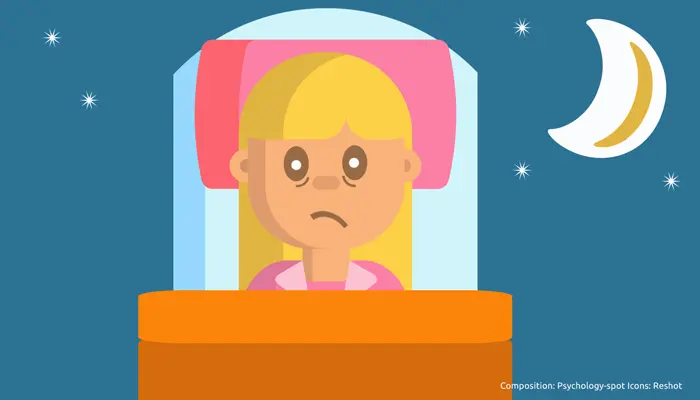
Modern life spins at breakneck speed. And sometimes those who pay the consequences are children, since their parents cannot dedicate all the quality time they need, that time that is used precisely to weave deep bonds and create indestructible memories. Without that time together, also rituals disappear, those customs that, repeated one day after another, generate calm and security, like reading a story before bed.
Reading to children, the secret to stimulate their cognitive abilities
Before developing reading and writing skills, man already knew how to tell stories. As a species, we have a deep need to listen and tell stories because it is not only a way to transmit knowledge and values, but also to connect, creating magical moments and a very special bond that survives in our memory.
Children particularly enjoy listening to stories, although unfortunately parents have less and less time to read bedtime stories to their children. The Oxford Children’s Language surveyed 1,000 Australian parents and found that 25% of them do not read to their children or do so only once a week, so many have lost the tradition of reading bedtime stories.
Time was one of the main obstacles that parents alluded to: 69% confessed that they would like to have more time to read to their children. As a result of such a hectic life where time is an increasingly scarce commodity, we are robbing children of the chance to develop important communication skills from an early age, without which they may be at a disadvantage later in life.
In fact, it is estimated that reading to children at home can improve early literacy and reading skills by 8%. When children don’t hear new words at home, they can’t enrich their language and can’t express themselves fluently enough.
A study carried out at the Universities of Sussex and Sydney revealed that even reading the same stories to preschool children is beneficial because it helps them learn new words, improves their memory and enhances learning, effects that persist over time, helping them to have a better academic performance.
Reading to children before bedtime not only facilitates literacy and stimulates communication and language skills, but also helps children fall asleep. We cannot forget that bedtime stories are such powerful learning tools precisely because they promote the consolidation of declarative memory during sleep.
Sharing that moment with their parents also fosters a love for reading from the earliest years. A study by the American Library Association found that children who are read to on a daily basis, are more likely to become avid readers later in life.
Bedtime stories, a ritual that connects and shows love
Reading to children does not only have cognitive benefits. Researchers at the Children’s Hospital of Philadelphia found that sharing these routines with parents promotes higher-quality sleep in children, compared to those who must fall asleep alone. Therefore, it is a ritual that helps them relax and have a more restful sleep.
It also becomes a special moment at the end of each day in which parents and children can establish a deeper bond away from the daily rush. That special moment of connection allows for the sharing of experiences and feelings, which in the long run improves the quality of the relationship between parents and children. That moment of exclusivity is magical because it makes children feel more loved and valued.
The good news is that 3 out of 4 parents are aware that reading bedtime stories is essential to improve the connection with their children. Therefore, perhaps it is only necessary to reassess priorities and find that essential space to create a wonderful ritual with children. A ritual that children will remember all their lives and that they will probably repeat with their own children, thus helping to maintain an ancient tradition interwoven with the threads of wisdom, love and connection.
Suerces:
Demir, O. et. Al. (2019) Parents’ early book reading to children: Relation to children’s later language and literacy outcomes controlling for other parent language input. Dev Sci; 22(3): e12764.
Williams, S. E. & Horst, J. S. (2014) Goodnight book: sleep consolidation improves word learning via storybooks. Front Psychol; 5: 184.
Mindell, J. A. et. Al. (2010) Parental behaviors and sleep outcomes in infants and toddlers: A cross-cultural comparison. Sleep Medicine; 11(4): 393-399.
Mindell, J. A., Sadeh, A., Kohyama, J., & How, T. H. (2010). Parental behaviors and sleep outcomes in infants and toddlers: A cross-cultural comparison. Sleep Medicine, 11(4), 393-399.
Mol, S. E., Bus, A. G., & de Jong, M. T. (2009). Interactive book reading in early education: A tool to stimulate print knowledge as well as oral language. Review of Educational Research;79(2): 979–1007.



